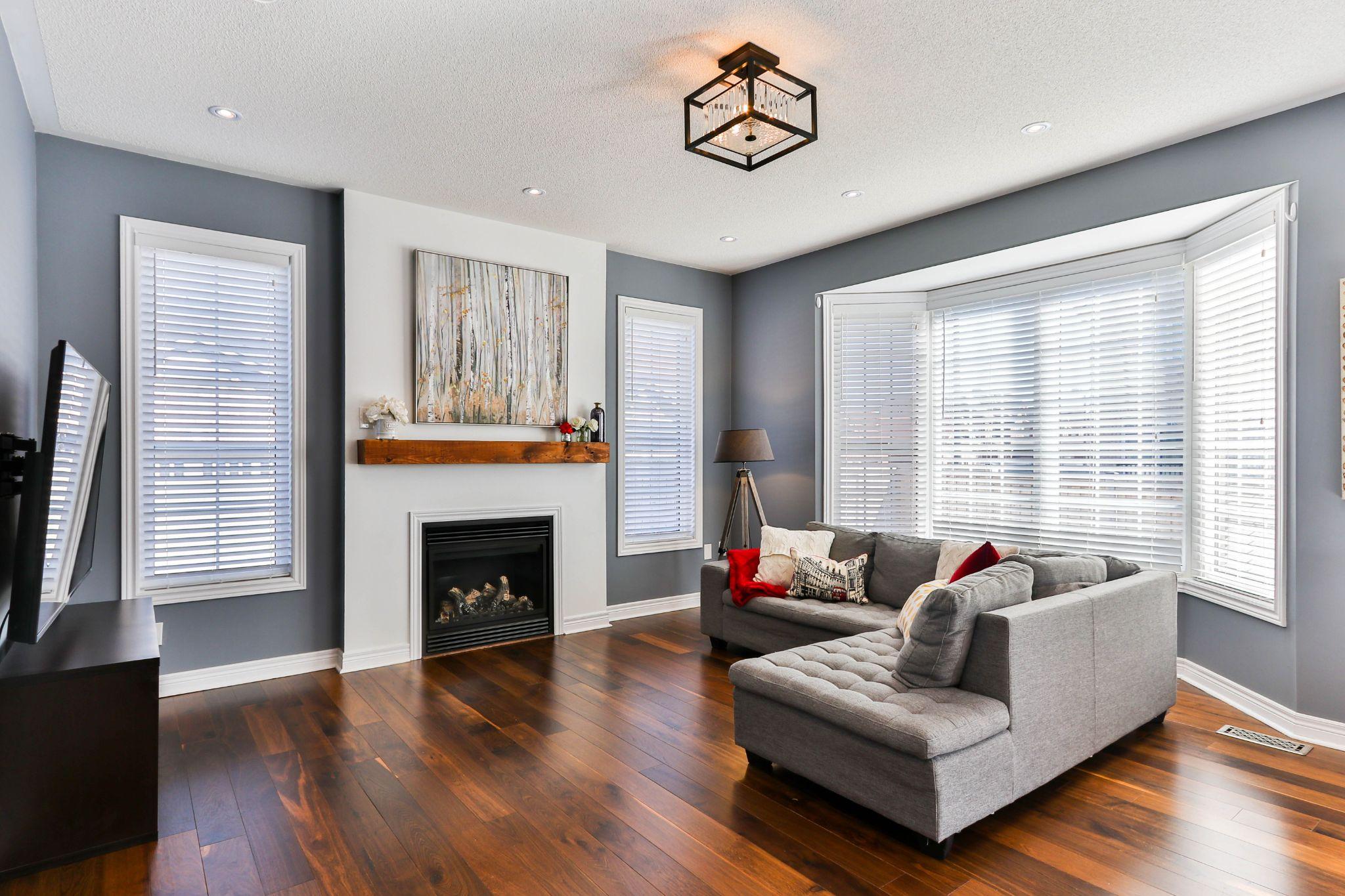
When it comes to home improvement, the world is full of surprises. I am not simply talking about a fresh coat of paint, updating the fixtures, or remodeling the kitchen. I am setting the scene for “the bigger picture.”
Today I am going to talk about a renovation project that requires enlisting a residential architect. There are some tips that everyone must follow to make the process more convenient.
Time
Home renovation is a process that requires time. Time is not just for you to consider renovating, but time for the project to reach its destination. As such, remember the mantra that “there is no rush.”
Time considers factors such as scope, cost, and quality. Rushing to save time might compromise the other elements. And that is something a residential architect should emphasize at every project stage.
A piece of advice at this stage would be to make a list of your requirements by segregating them into needs and wants. The things you need will take priority over those you want, and that way it could save precious time.
Selection

Before selecting an architect, you should conduct your due diligence. Shortlist a few options, and conduct meetings with them, in today’s environment many architects can get a great sense of your needs after a lengthy phone conversation, especially when they have access to Google maps and online images. It is an essential step to understand their work, how they function, and if they are the right match for your project.
An architect for your renovation should be able to provide professional insight into this process. Make sure that you are comfortable with them, their process, and their working style.
As a professional, I should say that it is best to go with recommendations. You might get recommendations from someone you know such as a neighbor who has worked with a residential architect in the past, or friends who know someone with a great experience. Ask them questions about what they liked regarding the architect or about any negative experiences.
Another efficient way to seek professional architects is to conduct an internet search that may provide a list of architecture firms in your area. You could also check reviews from previous clients for more clarity.
Observve
Once you are in the renovation mindset, it is better to keep ideas and take inspiration. Keep a mental or physical note documenting features that you like. If you are out and about in the burbs, at a friend’s house, or even surfing the web, create a log of items you enjoy.
Be ready to share this with your architect for the renovation, so he/she understands what you are looking for so they could recreate that into your design.
Coordinate/Compromise
Renovating your home is not an easy process. There might be times when you might have to compromise on the materials, the process, etc. Your architect might be able to advise on these matters and also coordinate the sourcing and procurement.
At certain times, you might have arguments with your partner regarding the renovations. Try to get a fresh perspective. Again, insight from your residential architect might be of use. An architect may sometimes act as arbitrator between spouses to come to a mutual agreement where each one is happy.
Ask Questions

If you are unsure/do not understand a decision your architect made, then ask “why?”. It is always advised to clear any confusions you may have. Rest assured that residential architects are trained in what they do and as such they know what they are doing.
But feel free to question their ideas as they always want your input. You might even try to challenge them with your requirements and it is a known fact that creative minds thrive on challenges.
Scope
Having a clear scope of the project is essential as it will entail what is going to happen. Identify your requirements and communicate them clearly to the architect for the renovation. This will help establish a streamlined design process.
Have a clear vision of your end goal. Do you require more space (addition) or more openness (alteration)? These are different ideas and require different working schedules. Deciding what you require will allow the architect to guide you in what is most suitable.
Dialogue

Dialogue is undoubtedly one of the most essential tools you have in making a healthy home improvement project successful. Always maintain a balanced and transparent communication channel with your architect. This allows for efficient development, and clarity, and avoids delays caused by miscommunication.
End User
Always remember that it is your house to live in! As such, the decisions should be based on your requirement and style. The architect will help bring those ideas to life. However, it is necessary to state your will as you are the end user. You may want to make sure when searching for an architect that you make this point absolutely clear.
If you are not fully sure of what to pursue, let your architect provide some ideas. They might have something that you did not think of. It could help determine the proper answer and then pave the path ahead. You might want an energy-efficient home, follow the latest kitchen trends, or convert your garage. Anything might come up from these conversations.
Be Ready
Be ready for anything because renovations are tricky and tedious. Architects might even be able to make an educated guess about your walls and ceilings. Although this is not guaranteed, you should be prepared. Either the cost or time of the renovation might increase as the project progresses. You never know with 100% certainty what is behind that existing plaster or sheetrock in your home.
As such, you should be ready with a certain amount of flexibility.
Alternate Living Solution
If this is a major renovation, be prepared with an alternate living situation. With all the construction, dust, and noise, you might have to rent another place until the renovation is done and dusted.
This will make your life easier and give the contractors a chance to work at ease. I have had clients stay in their home but ultimately this is not good for you or the contractor.
What Do You Think?
Now that you have a perspective on the renovation process, it might make taking the step easier. Always remember to trust your architect, be open with them, and communicate everything you want from the project. However, sage advice would be to listen to their opinions and insight as it might be more useful than you think.
So, are you ready to take up renovation this coming year? If yes, collaborate with your nearest residential architect to discuss ideas!


